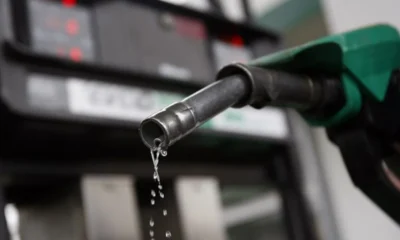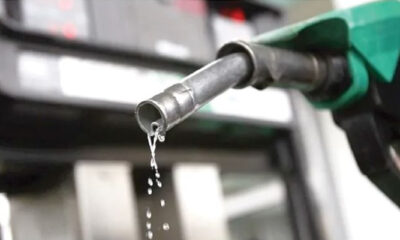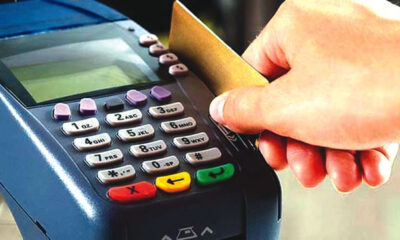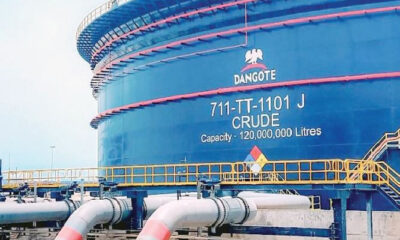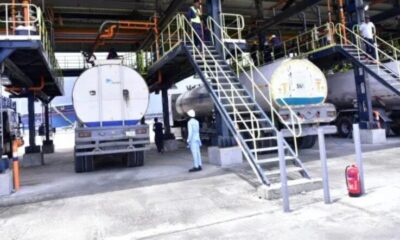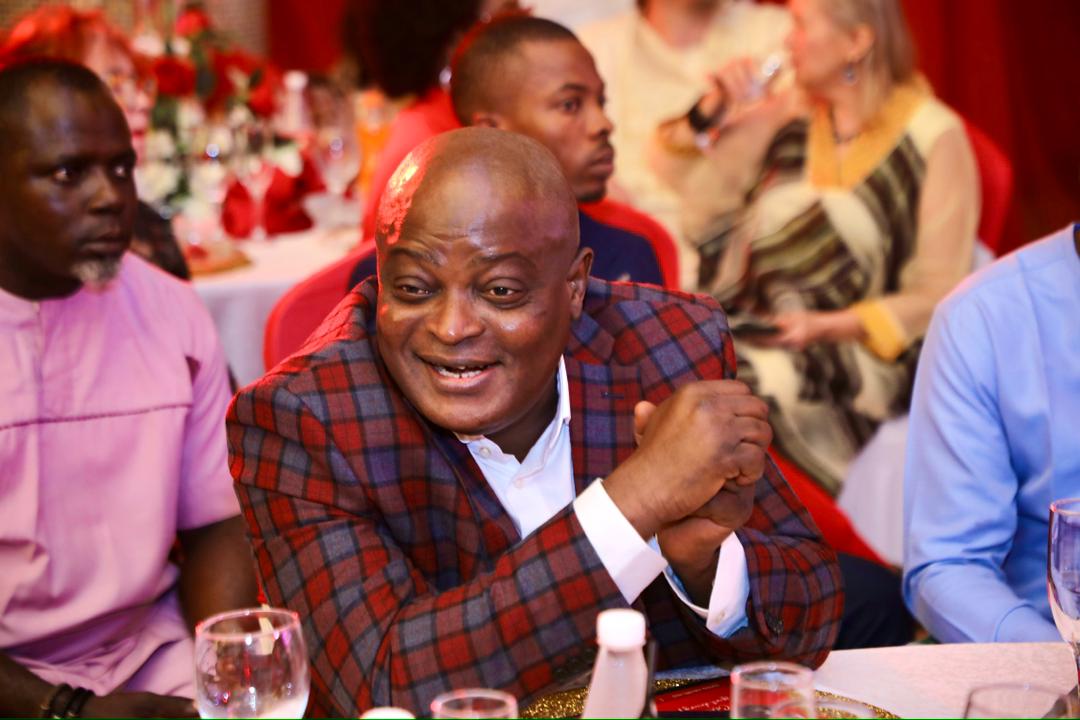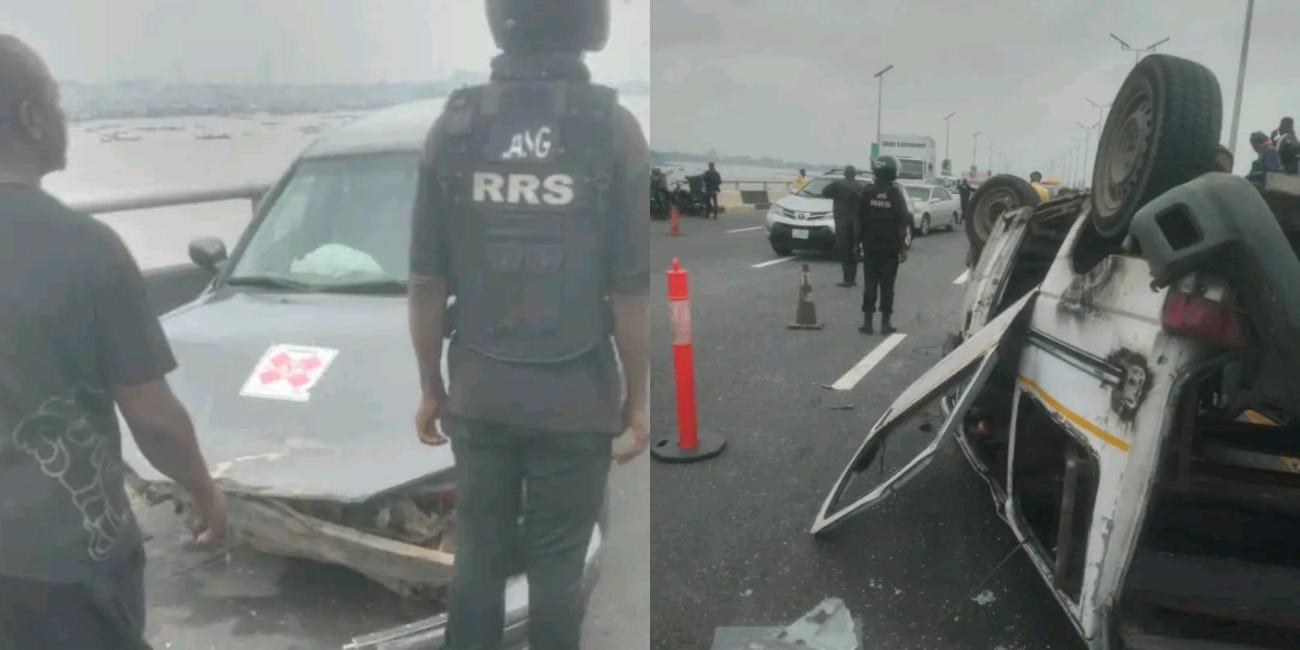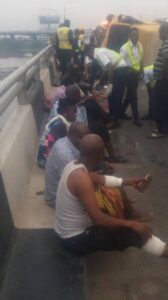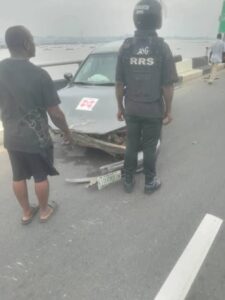Speaker of the Lagos State House of Assembly, Rt. Hon. (Dr.) Mudashiru Obasa has declared unequivocally that Lagos State and, by extension, Nigeria’s economy have benefited immensely from the progressive, proactive, and productive legislature under his watch.
Obasa made this declaration at The Expatriates Business Awards (TEBA) held Sunday, July 6, at the Grand Ballroom of the Oriental Hotel, Victoria Island, where he was the Chief Host.
Organised by Pun Communications Ltd., the TEBA, an evening of culture and commerce where the handshakes of diplomacy meet the heartbeats of Nigerian creativity, celebrates the significant contributions of expatriates, ethnic businesses, and migrant communities to Lagos and Nigeria.
In his rousing welcome address to a diverse audience of diplomats, industry leaders, and entrepreneurs, Speaker Obasa spotlighted the state assembly, which he had led for the past decade, as an integral catalyst to Lagos’ economic growth for enacting laws that have created an enabling environment for businesses, attract investments, and foster sustainable economic growth.
Aside reviewing and amending laws to address emerging economic challenges and opportunities, the Speaker said the Assembly plays a crucial role in promoting economic development by enacting and overseeing laws that govern public procurement like the Public Procurement Law (2021), which regulates how the state procures goods and services and promotes transparency and accountability in government spending.
There is also the Appropriation Law for resource allocation for various development projects and initiatives, and the Public-Private Partnership (PPP) Law that facilitates collaboration between the public and private sectors to deliver projects like roads, power plants, and other essential infrastructure. The Speaker further mentioned the Land Use and Management Laws, which govern land use, development, and allocation, crucial for attracting investment and facilitating development projects.
To ensure the safety and security of Nigerians and foreigners alike, and boost the confidence of expatriates in coming to live and invest in Lagos, Obasa said, “We also created the Lagos State Neighbourhood Safety Corps (LNSC) to assist and complement the police by providing valuable intelligence for crime prevention and facilitating the arrest of perpetrators of criminal activities in the state.”
However, Speaker Obasa said that aside from the legislature, the state has benefited tremendously from being accommodating and receptive to foreigners. He recalled that this distinct nature of the state spurred a Portuguese explorer who was fascinated by the city’s strategic coastal location and trade potential to rechristen Eko as the state was then known to ‘Lagos.’
Over the centuries, Obasa noted that the incursion of expatriates into the evolving Lagos economy ensured that it enjoyed more rapid growth than any other Nigerian city, citing expatriates’ spending on housing, education, and leisure, among other areas of life as being a huge boost for local businesses.
He added, “As a centre for commerce, industry, and innovation, we have built a state where expats report a high quality of life, enjoying many luxuries not accessible back at home, and businesses and tourism thrive.
“Lagos also creates a fertile and enabling ground for expatriate involvement as their invaluable contributions span leadership in major companies, participation in key industries, contributions to professional services, and importation of international expertise.”
While acknowledging the importance of collaboration and unity in driving progress, fostering economic growth, creating jobs, and enhancing Lagos’s global standing, Speaker Obasa called for a more mutually beneficial partnership.
“This is a clarion call to our expatriates to continue playing their parts here by paying taxes and giving back to our people through veritable Corporate Social Responsibility activities. This is the only way we can have a mutually beneficial and harmonious relationship because your enterprises and initiatives are not just a boon for our state but, for all of Nigeria, Africa, and the world,” he posited.
Commending the organisers for their vision in highlighting and celebrating the impact of expatriates on Nigeria’s economy, Obasa encouraged the diverse guests to celebrate not only the winners but also the spirit of entrepreneurship.
He concluded, “Let us network, share ideas, and inspire one another as we continue to forge stronger ties within our diverse communities. Together, we can build a sustainable future that harnesses our collective strengths. With that, it gives me great honour to officially declare the Expatriates Business Awards open!
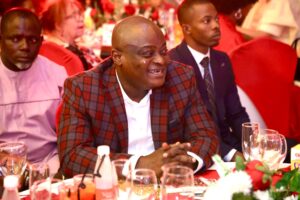
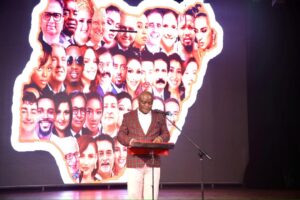
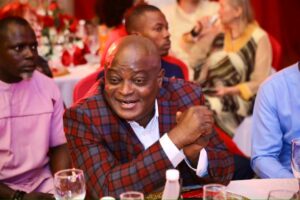

 BIG STORY5 days ago
BIG STORY5 days ago
 BIG STORY5 days ago
BIG STORY5 days ago
 BIG STORY4 days ago
BIG STORY4 days ago
 BIG STORY4 days ago
BIG STORY4 days ago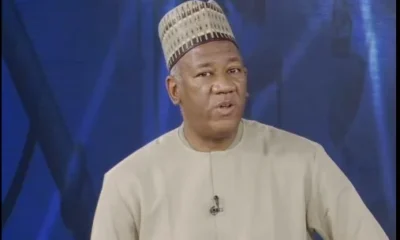
 BIG STORY4 days ago
BIG STORY4 days ago
 BIG STORY4 days ago
BIG STORY4 days ago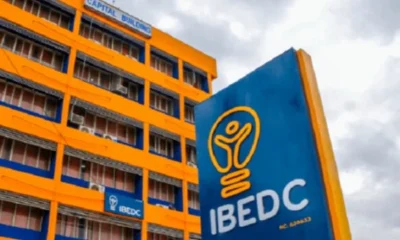
 BIG STORY5 days ago
BIG STORY5 days ago
 BIG STORY3 days ago
BIG STORY3 days ago







